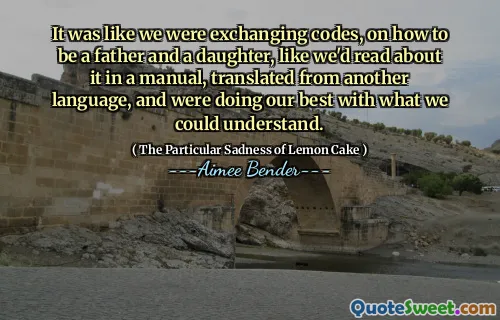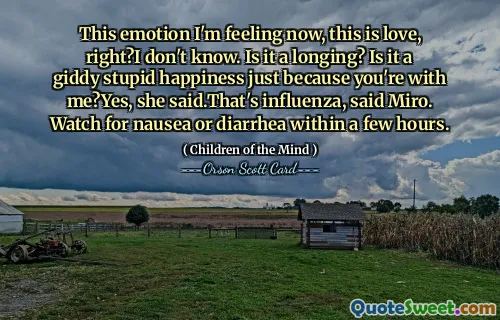
I believe when you're communicating with any player, you're going to have some disagreements.
Effective communication is fundamental in any relationship, especially in team environments where diverse personalities and perspectives intersect. This quote highlights an important reality: disagreements are not necessarily signs of failure; rather, they are natural parts of the communication process. When individuals interact, especially in high-stakes or emotionally charged situations, differences in opinions, values, and priorities will arise. Recognizing that disagreements are inevitable can foster a more open, honest, and resilient communication climate. It encourages leaders and team members to approach conflicts constructively, to listen actively, and to seek mutual understanding instead of avoidance or suppression of differing viewpoints. In a sports setting, for example, coaches and players may disagree over strategies or decisions, but if managed well, these disagreements can lead to better insights, innovation, and stronger team cohesion if everyone feels heard and respected. Importantly, disagreements should not be viewed as personal attacks but as opportunities for growth, learning, and clarification. Emotional intelligence plays a crucial role here; understanding the underlying reasons for disagreements allows for more empathetic responses, fostering an environment where honest dialogue flourishes. Ultimately, embracing disagreements and working through them constructively can lead to stronger relationships, improved decision-making, and a more cohesive team dynamic. Accepting that disagreements are part of communication helps normalize the challenges faced in collaborative efforts and paves the way for healthier interactions, mutual respect, and shared success.











